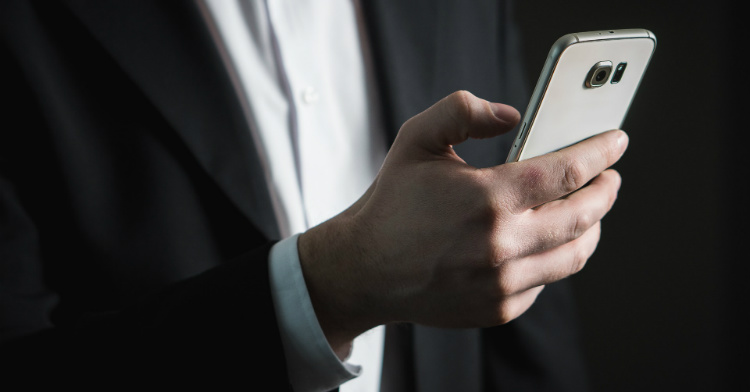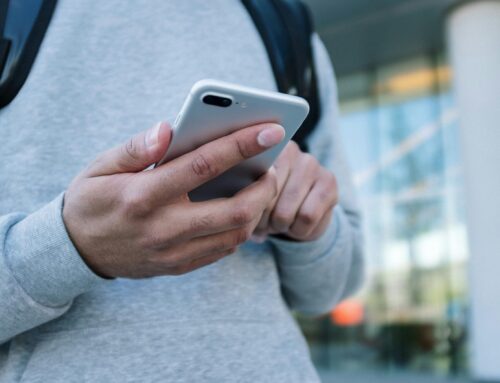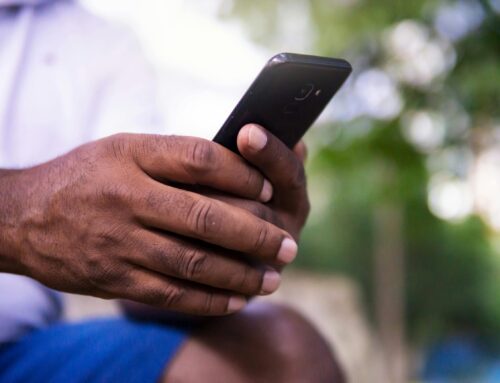A new robocall settlement has been reached between a Florida car dealership and thousands of consumers and past customers who received unsolicited marketing robocalls from the company, Automotive News reports. As per the settlement, Grieco Ford of Fort Lauderdale is set to pay upwards of $4.8 million in compensation to tens of thousands of consumers who received robocalls on the dealership’s behalf. The robocall campaign was orchestrated by Reliable Response, a marketing firm based in Las Vegas.
Florida Car Dealership Settles Robocall Class Action For $4.8 Million
In the class action lawsuit against Grieco Ford, filed by lead plaintiff Vincent Papa, plaintiffs accused the dealership of “unsolicited marketing directly to consumers’ cellular telephones, harming thousands of consumers in the process.” In court documents, Papa claimed that the “illegal conduct has resulted in the invasion of privacy, harassment, aggravation and disruption of the daily life of thousands of individuals.”

This isn’t the first time an auto dealership has come under fire for a robocall campaign. In 2017, Naples Nissan, based in Naples, Florida, reached a $5.7 million robocall settlement, resolving a class action that represented hundreds of thousands of robocall recipients who claimed they had never consented to receive the calls. Earlier, in 2012, Oregon-based Lithia Motors Inc. settled a similar class action for $2.5 million, a judgment the company’s third-party marketing vendor agreed to pay.
Robocall Settlements, Class Actions Continue To Mount
As more and more Americans continue to receive robocalls at an unprecedented rate, attorneys have observed a concurrent rise in the amount of robocall-related litigation. Under the Telephone Consumer Protection Act, a federal law restricting the use of autodialer systems to place robocalls and robotexts, individual consumers are empowered to pursue civil lawsuits against companies and individuals who violate the law.
Consumers who receive illegal robocalls may be eligible to file a civil lawsuit against the responsible parties, demanding accountability and financial compensation from people and businesses that abuse the technology that makes robocalling possible. Robocalls are irritating invasions of our privacy, but as an individual citizen, you can fight back. Filing an illegal robocall lawsuit is possible.
Many of these claims take the form of a class action, because often it is thousands or hundreds of thousands of consumers who receive the illegal calls. The Telephone Consumer Protection Act (TCPA) outlines a schedule of statutory damages, with each illegal call or text worth between $500 and $1,500 in financial compensation, depending on whether or not the telemarketer willfully and knowingly violated the law.
Recent Robocall Settlements
Needless to say, these cases can result in major robocall settlements, as was the case in August of 2018, when Alarm.com agreed to pay $28 million in compensation to consumers who claimed the company violated their rights through illegal robocalls. In the vast majority of cases, consumers must consent (in writing) to receive robocalls or robotexts; otherwise, the messages are illegal. In their lawsuit against Alarm.com, consumers from across the country accused the company’s dealer partner Alliance Security of violating the TCPA.
The Caribbean Cruise Line Case
But the largest robocall settlement of all came in 2016, when Caribbean Cruise Line agreed to pay between $56 million and $76 million in damages to consumers who claimed the company and other defendants sent millions of unwanted robocalls offering free cruise trips in violation of the Telephone Consumer Protection Act. In a strange twist on this case, embattled retailer Sears is currently locked in legal battle over whether it should be compensated to the tune of millions for illegal Caribbean Cruise Line calls it says were received by Sears employees.
According to the Caribbean Cruise settlement, individual claimants to the compensation pool are to be paid up to $500 per illegal call, in line with the TCPA’s requirements. But Sears stands to gain much more, because the company currently claims that its employees received a total of 12,424 illegal robocalls from Caribbean between August 1, 2011 and August 31, 2012.
Despite having settled in 2016, the claims against Caribbean Cruise Line are still being finalized by a settlement administrator. More ironic still, Sears itself is now facing a robocall class action of its own. In a new lawsuit, which is currently seeking class action certification, consumers say Sears made “unsolicited, autodialed calls to consumers without their consent,” in violation of the Telephone Consumer Protection Act. The lawsuit reportedly revolves around pitches to sell Sears Home Services.




